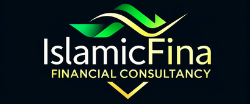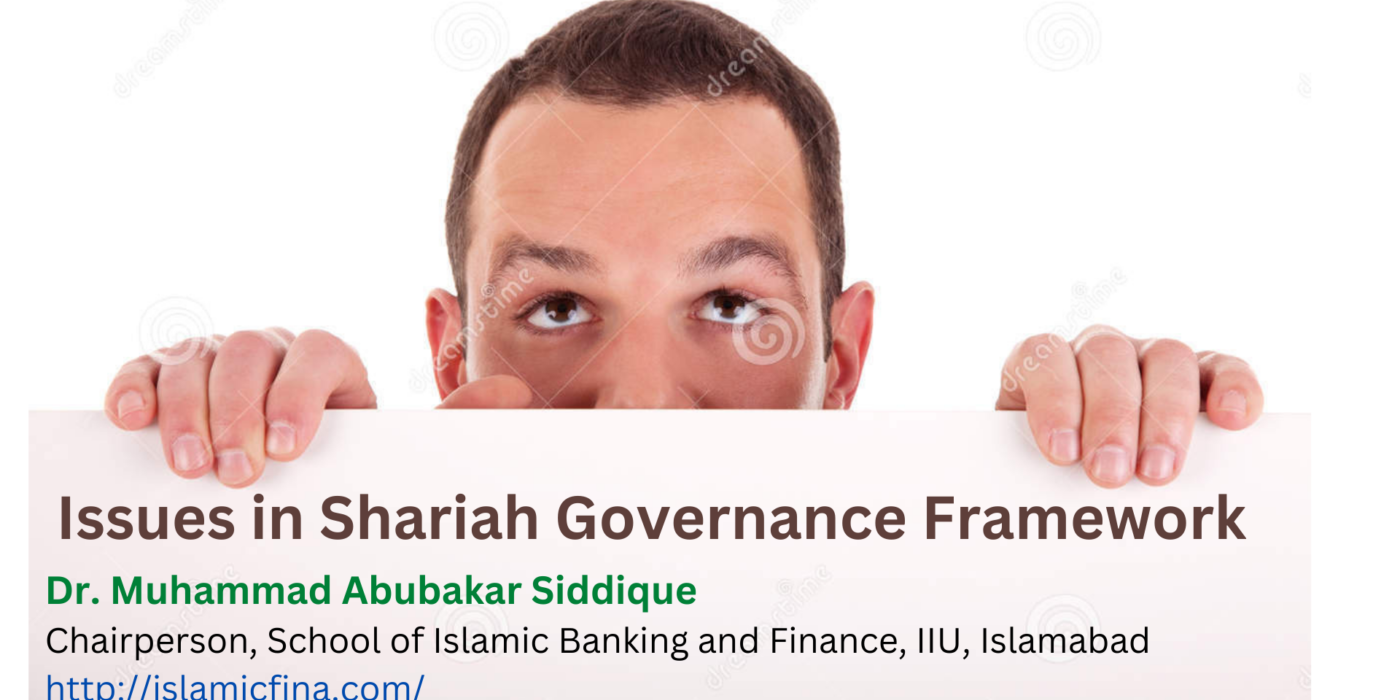Dr. Muhammad Abubakar Siddique,
Chairperson School of Islamic Banking and Finance (SOIBF),
International Institute of Islamic Economics (IIIE),
International Islamic University Islamabad.
…………………………………………………
His concluding remarks in 6th World Islamic Economics and Finance Conference held by Minhaj University Lahore 28-29 January 2023.
Video Link of Conference session
…………………………………………………….
Whenever a new product is launched by an Islamic bank, its structure cannot be kept secret because of the generality of Sharia-based modes. If it’s Salam-based, everyone knows what the design will be. However, Shariah compliance is an issue on which Shariah scholars and the public keep an eye on whether any principle of Shariah is being bypassed. After the journey of decades, Islamic banking and finance have reached the level it has now, the requirement is that steps should be taken to remove the doubts regarding Sharia compliance and the trust should be earned from the Sharia scholar to the common man.
- Establishing a level playing field for Different Schools: The country of Pakistan has different religious schools and the Shariah scholars of each school have a good influence on the people in our society and their fatwas are popular. They have great potential for value addition in the Islamic banking and financial industry. If SBP wants to improve the Shariah compliance system as well as product innovation, it would be appropriate to make some amendments and additions to the existing Shariah governance framework. All the schools have to be taken together and it would be appropriate to relax some rules and criteria to bring up the Shariah scholars of neglected schools so that an atmosphere of a level playing field can be established as soon as possible.
- Ethics of Fatwa: It is obvious that the structure of Islamic banking and financial products cannot be kept secret. When it is offered to the public it becomes their right to know the detailed evidence and principles on the basis of which they are declared Shariah compliant. The public includes Shariah scholars as well. In the capitalistic environment, Shariah scholars are very concerned about the Shariah evidence (Shar’i dala’il) regarding the Shariah compliance of financial products and want to know, analyze, and test them as well. But unfortunately, they do not have an access to detailed evidence-based fatwa behind each product. Recently published articles in various journals of good repute have revealed that there may not be any detailed fatwa on the back of many products. What exists is only one page with few lines that this product is Shariah Compliant. In this case, it is natural for Sharia scholars to have doubts. Hence, to overcome this issue, the SBP should develop a proper manual or standard on the stipulations and ethics of Sharī’ah approvals (fatwā) for IBs and IFIs to guide Sharī’ah advisors/boards regarding the scope, conditions, methods, means, format, detailed principles, ethics, and controls of Sharī’ah approvals (fatwā). However, SBP also has the option to adopt AAOIFI Sharī’ah standard no. 29 for this purpose.
- Improvement in criteria of Appointment of Shariah advisor/scholar member: There is also a need to improve the criteria of Shariah advisory qualifications. According to current standards “Adequate understanding of banking and finance”. This is a very important dimension. With the passage of time, banking and financial transactions/products are becoming more and more complicated backed by some complicated financial theories which are not possible to understand for a person with mere religious studies. Also, there is no specific yardstick to check whether a Sharia scholar has a sufficient understanding of banking and finance. This is a loophole. Now there is no dearth of young scholars in society who have degree-level education in modern economics, banking, or finance along with religious studies. Therefore, while amending the qualification of Shariah Advisor, it should be added that the Shariah Advisor should possess a Diploma or Degree in Islamic Finance or Modern Finance from any university along with religious studies.
- Conflict of interest and Shariah Advisory Committee: At present, there is no uniformity in Sharia compliance of products in Pakistan. Some Islamic banks are offering products that other Islamic banks do not because they are not Shariah compliant. This raises serious concerns about Islamic banks’ Shariah compliance in particular and in general, which is detrimental to the industry. For this, my suggestion is that the State Bank of Pakistan should review its Shariah Advisory Committee. To avoid a conflict of interest situation, the members of this committee should not be allowed to sit on the boards of any Islamic bank. It should be an independent committee with members having degree-level education in Shariah and advanced economics, finance, or banking and also having experience in the field of teaching, fatwa, and research. This will not only bring uniformity in the products of Islamic banks but also increase public confidence in the industry.
- The hiring of Members of Shariah boards: SBP should play an effective role in hiring the members of the Sharia Board. The Shariah Advisory Committee of SBP itself or its appointed representatives join the hiring panel for the selection of Shariah Board members of any Islamic Bank. The salaries of the members of the Shariah Board of each Islamic bank should be paid through the State Bank of Pakistan. This will not only remove the allegation of conflict of interest from the Shariah advisors of Islamic banks but also increase their own confidence and public confidence in the industry.
……………………………………………………………………







